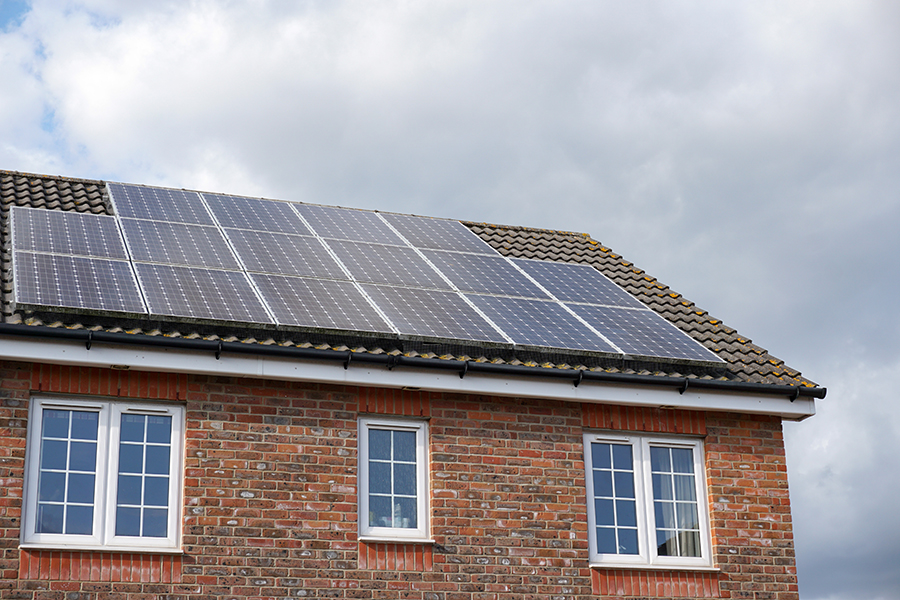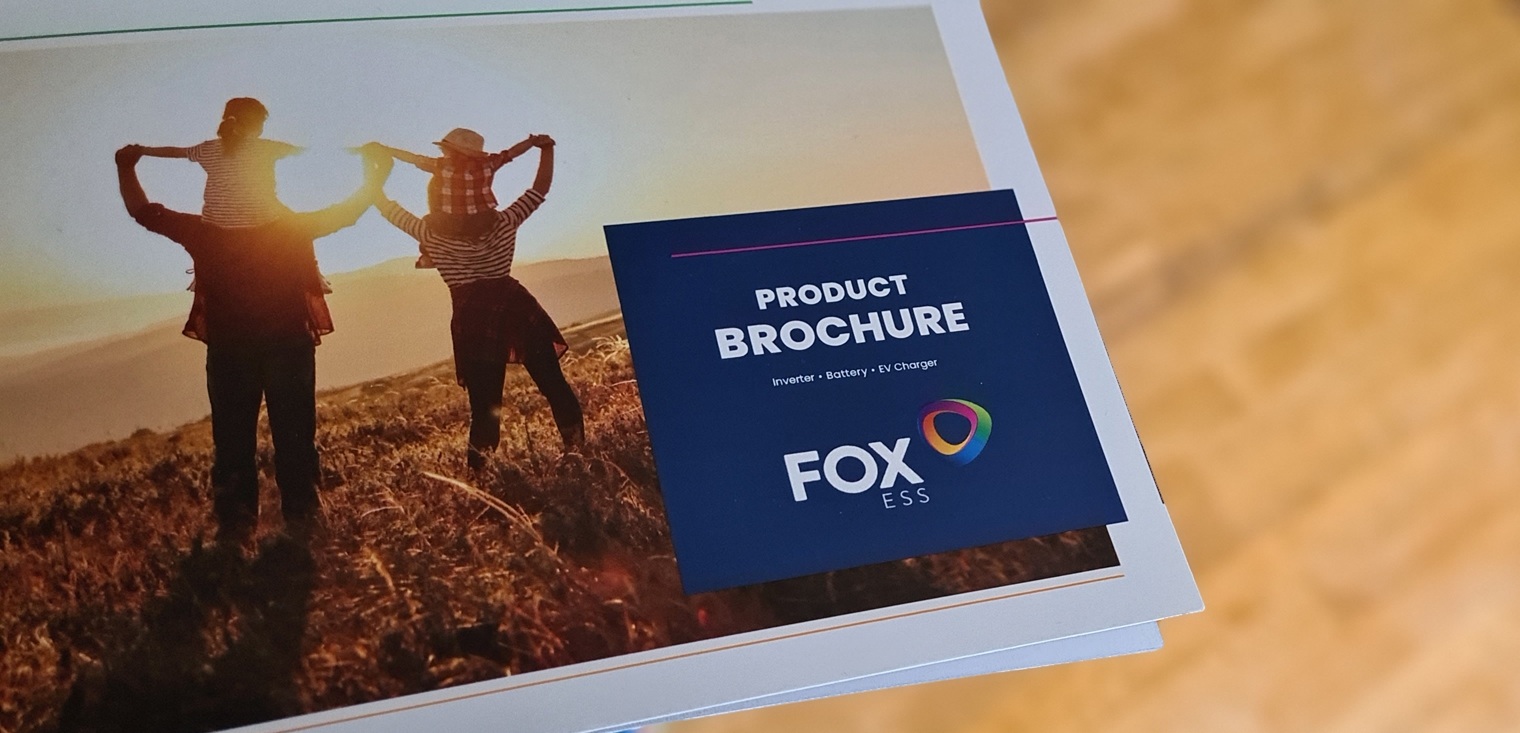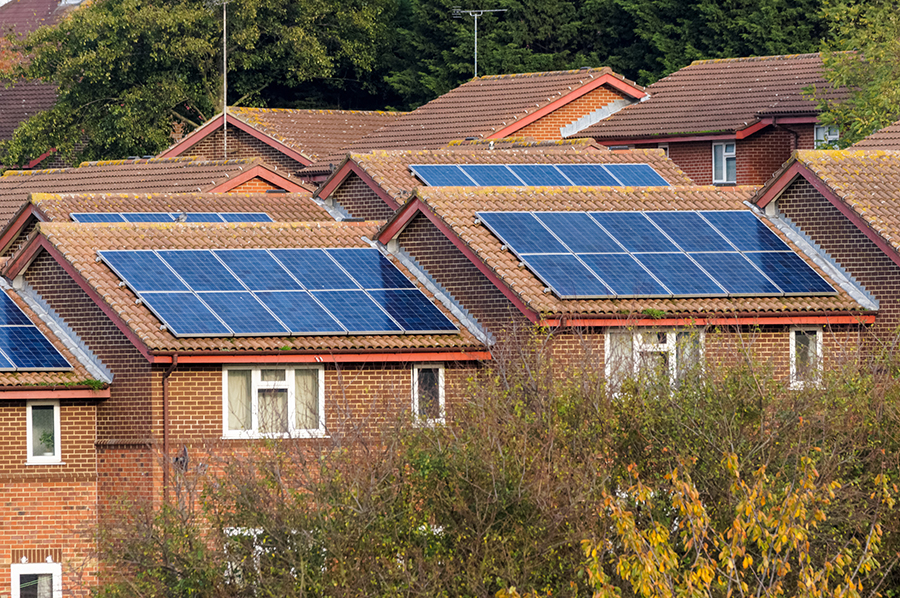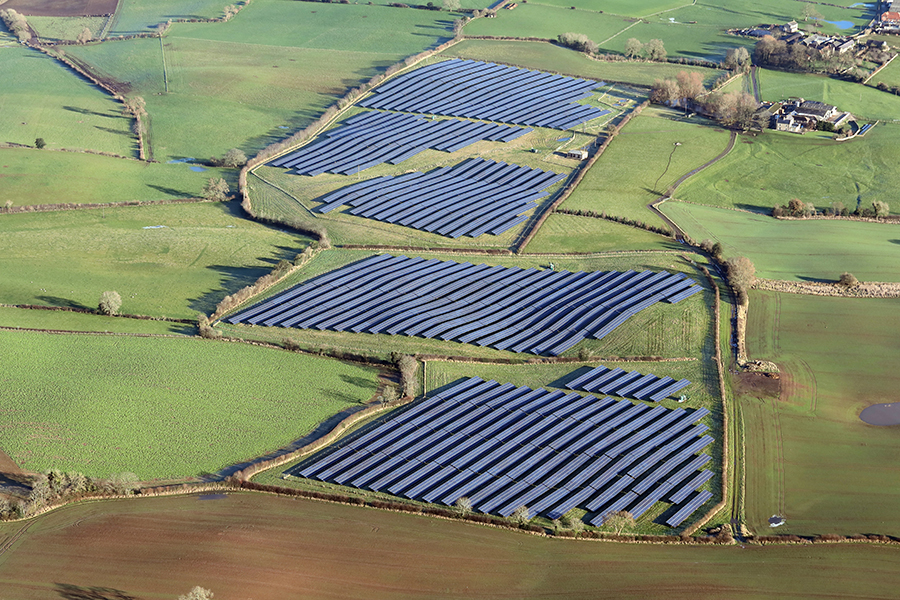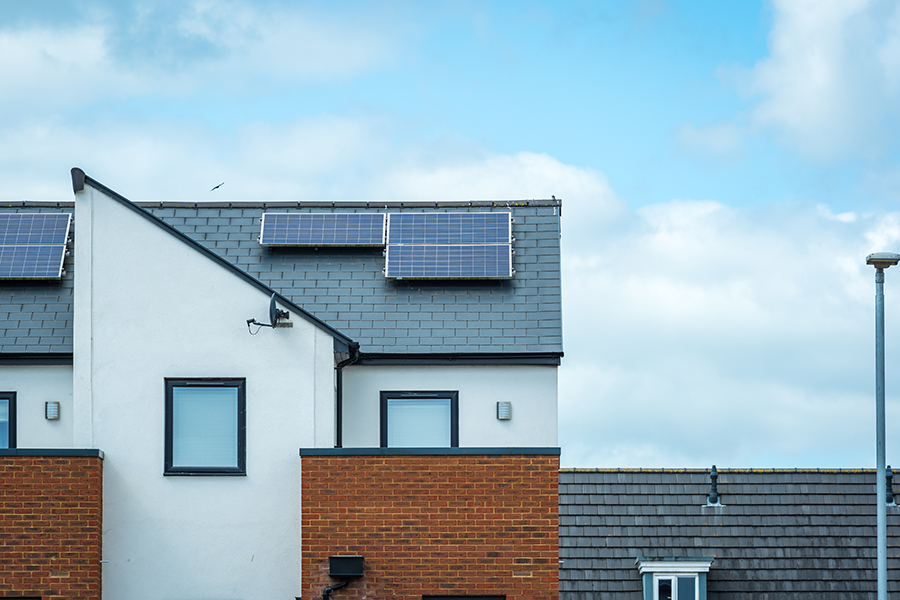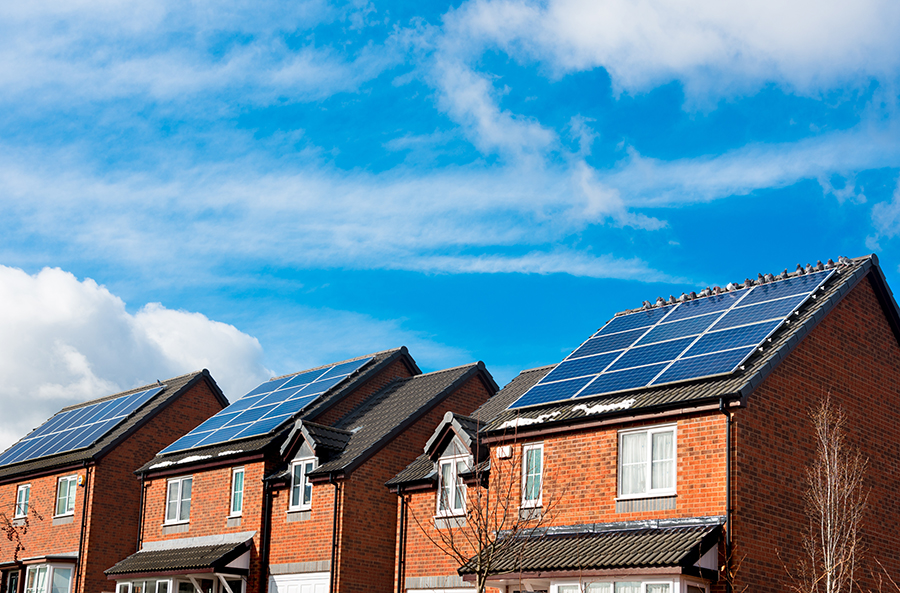The costliest words in the world of solar panels right now?
“Nah – I don’t need a loan for that. ”
Holding off on going solar because you don’t want to get a loan is one of the costliest mistakes you can make when it comes to solar.
In this blog, we’re digging into why.
When someone says that they’re holding off investing in solar because they’d need a loan to do it, I always ask them if they’ve done the math.
The answer is always – and I mean, always – no.
Well, today, you’re in luck. Because we, your friendly solar nerds, have done the math for you. Get ready for a whole new perspective.
Let’s start with that £38,731 in the headline.
That’s the average profit you’ll be looking at once you’ve paid off your solar loan. It’s what you’re leaving on the table if you stick with the energy companies.
Saying no to solar because you’d need solar panel financing is a bit like turning down a free all-inclusive cruise because you’d need to buy a suitcase first.
“But I can’t afford a loan in any instance.”
You can, but we’ll come to that.
For now, let’s break down the numbers.
Let’s say you’re looking at getting a solar system with a total upfront cost of £12,595
Then we look at:
Annual Production (kWh): 4,800
Your electricity rate (pence): 27p
% energy use (out of total production): 90%
Value of every kWh you sell (pence): 10p
Annual degradation: 0.55%
Annual electrical price increase in UK: 3%
Annual maintenance cost: 0.4%
Giving you estimated monthly savings of £97 in your first year.
Over 30 years, taking into account annual energy price increases, you’ll have saved somewhere in the region of £53,373, because you won’t be chucking the money at the grid anymore.
But that’s before you pay for the system itself. So, let’s look at three ways to finance your solar system:
- Barclays: 5-year home improvement loan (6.5% APR)
- HSBC: 10-year mortgage top-up (4.84% fixed)
- Stone-cold cash
Now, let’s run the numbers…
Meaning that if you paid in cash:
You have your total estimated savings of £53,373
Minus the £12,595 you paid upfront
Leaving you with £40,778 of profit, straight into your pocket.
Alternatively, if you financed the system via a loan:
You have your estimated savings of £53,373
Minus loan repayments of – £2,047 (Barclays) or £3,048 (HSBC)
Leaving you with a profit of £38,731 (Barclays) or £37,730 (HSBC).
Paying with cash is, of course, more profitable in the long run than getting a loan.
But getting a loan is still way more cost-effective than sticking with rising energy bills.
Lots of installers offer solar installation loans, too. But if you do decide to go down this route, make sure you go with a trustworthy and reliable installer. You can read more about this here in our 3-minute blog.
The alternative?
You keep bankrolling the energy companies.
“But Alex, profit in the long run is one thing. I don’t have the luxury of adding loan repayments to my monthly outgoings right now.”
I hear you.
But don’t forget that with solar, you’ll be saving a ton of money every month on your energy bills. That’ll offset a lot, if not all, of the loan repayments.
Think of it like buying a house versus renting.
Instead of paying a landlord, or in this case, the grid, solar lets you redirect those same monthly energy payments into something you’ll actually own.
Your very own clean energy source.
And once you’ve paid off your loan, usually within a period of less than 10 years, every pound in savings goes straight into your pocket.
While others around you are still ‘renting’ from the energy companies. And those prices are expected to keep on climbing.
Add to this that solar panel financing also protects you from inflation.
Inflation actually works in your favour here.
Here’s why.
Your fixed loan payments become easier to make as money devalues. £100 today is worth less than it was 5 years ago.
At the same time, energy prices are expected to keep going up.
With a fixed-rate loan, you’ll lock in today’s prices for loan repayments, while dodging the rising energy bills.
Would you rather pay a fixed loan amount over 10 years? Or have to keep up with escalating energy bills?
But I’m planning to sell my house in the next 10 years.
This works for you, too.
Going solar adds value to your home, so by the time you come to sell, the value added to the house will likely be higher than any remaining loan balance.
Here’s a 3-minute blog we wrote that breaks down how solar impacts your home value.
“How realistic are these numbers, though?”
Good question.
Before you start shopping for solar panel loans, you’ll want to know what the numbers will look like for you personally.
That’s why we created our free solar savings calculator, so you can run your own numbers.
The calculator gives you clear and accurate figures that are tailored to your home and your energy use. It’ll tell you how much you can expect to save each month, as well as your expected 25-year profit.
But for the calculator to work, you’ll need some quotes to feed into it. So, we’ve curated a list of rigorously vetted installers with solid track records who can give you realistic quotes with real numbers.
All you have to do is give us a bit of info about your home and your energy use, and we’ll match you with 2 or 3 trusted local installers who can quote for what you need.
Within a couple of hours, you’ll have reliable quotes to put into the calculator.
You’ll get clear figures for your home and energy use.
And you can make your mind up one way or another on whether solar looks like a solid investment for you.

